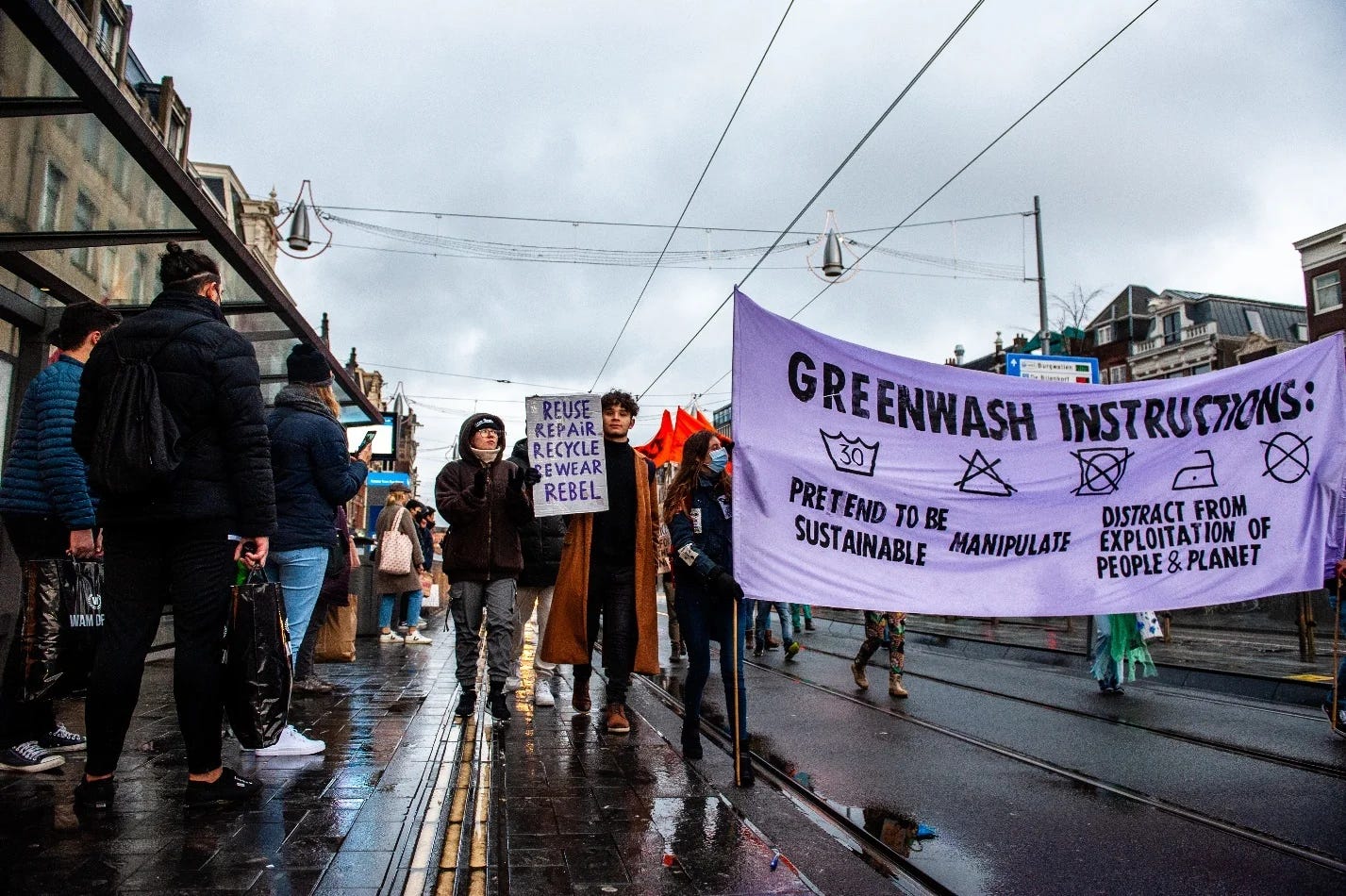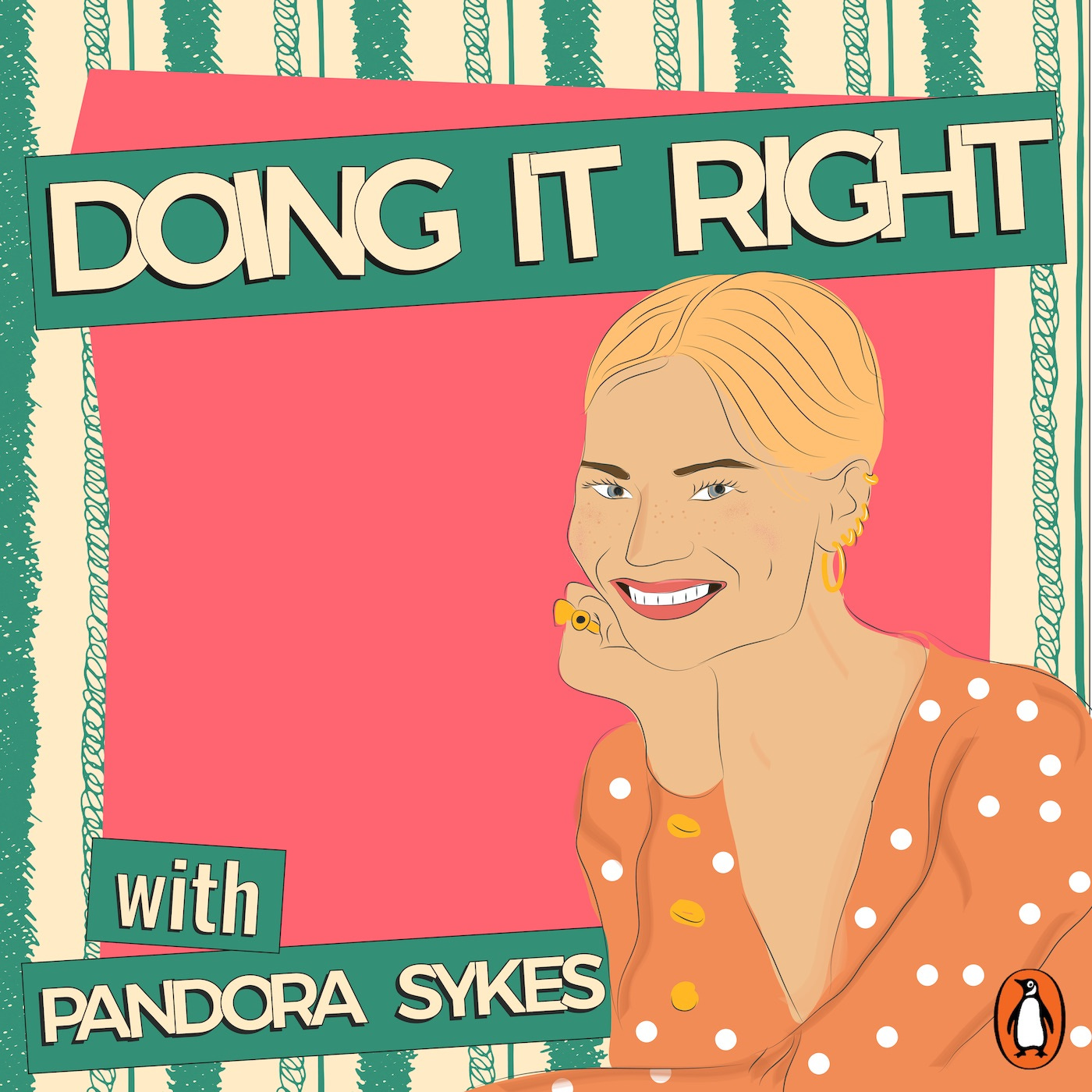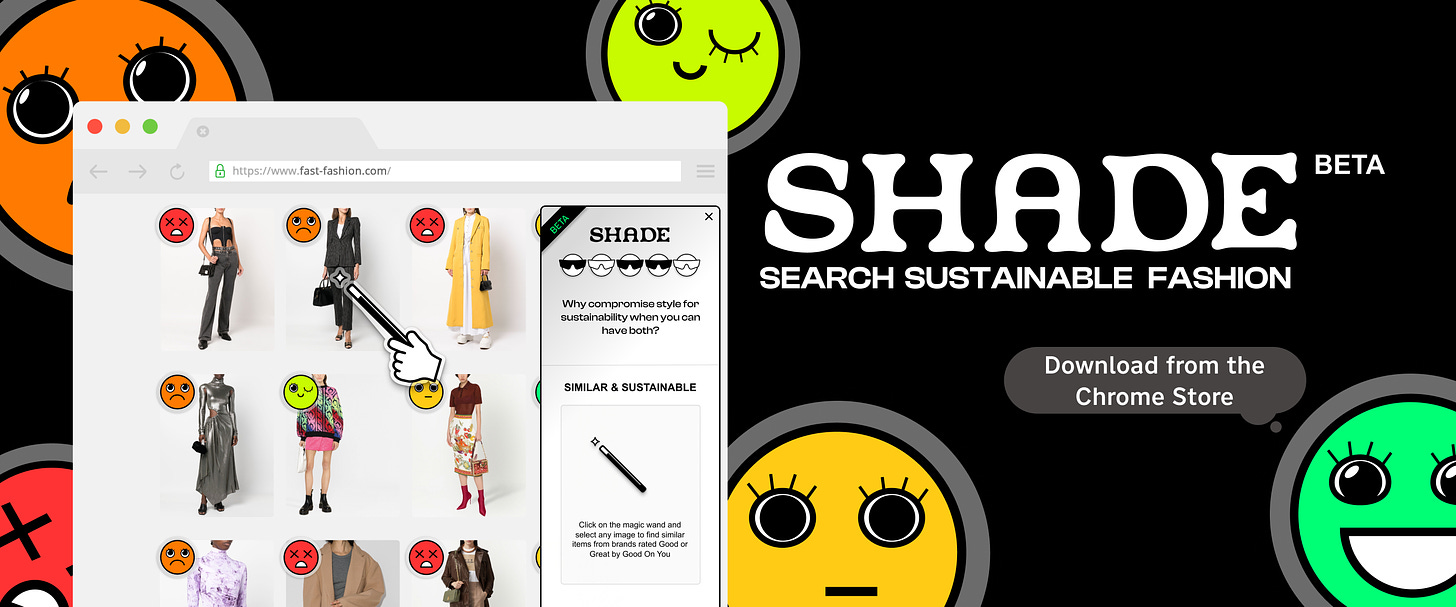September in Fashion, Condensed.
The grim spectacle of London Fashion Week, the myths of fast fashion, and who gets to be a fashion activist?
Hi there,
This month, while researching for a story about fashion activism, I was told about the concept of Dark Green and Light Green activists. As the person behind the idea, an environmental scholar called Andy Hoffman, explains:
"Bright Green environmental groups look at the market as a solution and business as an ally, while the Dark Green see business as the enemy and the market as the problem," he explains. Rather than having opposing missions, Hoffman says "they're both necessary to create the energy to get change to happen."
I found this idea fascinating and I think the chasm between the Bright and the Dark Greens is the source of so much tension in the sustainable fashion space. Case in point: Boohoo’s new sustainability ambassador, Kourtney Kardashian Barker. She, along with other influencers and celebrities that take on similar roles, would be considered Bright Green in this scenario.
The backlash from the Dark Greens has been huge. It’s even made it onto mainstream media platforms like Vogue, a first for this kind of controversy. It got me thinking: who gets to call themselves an activist? Is there such a thing as a “good” or “bad” activist? And who gets to decide that?
Sadly, the Boohoo’s and Pretty Little Thing’s of the world aren’t going anywhere. As some of the biggest culprits of overproduction and unfair labour (among many other issues), they have to be part of the sustainability conversation, otherwise nothing will change. How can they do it in a way that feels genuine, and not greenwashed AF via celebrity collaborations?
In my story for Fashionista, I spoke to some fascinating people on both sides of the argument. You can read the piece below!
That’s all from me this month, I’m now OOO for my first break of 2022. Better late than never! As always, I love to hear your feedback and thoughts. Hit reply at the end of the email to get in touch! Until next month,
Meg X
Things I Did Write
Who Gets To Be a Fashion Activist? for Fashionista.
Two camps have emerged within the sustainability movement: those who look to business as an ally, and those who see it as the enemy.
Can A Shopping Detox Reset Your Relationship With Fashion? for Harper’s Bazaar.
From Secondhand September to the No New Clothes challenge, consumers are trying to change their habits by going cold turkey on clothes.
Unpicking Fashion's Supply Chain Tiers & Their Risks for TrusTrace.
The complexity of fashion’s supply chains can’t be underestimated — a single product can involve potentially dozens of suppliers, from raw material producers, processors, and assemblers, to certifying bodies, logistics providers and retail outlets, before it reaches the end consumer. Discover what the tiers of a fashion supply chain look like.
Patagonia's Bold Move Sets A Precedent For Fashion Moguls Everywhere for Harper’s Bazaar.
The brand's founder has donated his company to two environmental organisations.
Listen: Green is the New Black: Social Impact and sustainability in Fashion for Reuters.
I was asked by the team at news outlet Reuters to join a Twitter Space to discuss Patagonia, social impact, greenwashing and more! You can listen back to the chat here.
Things I Didn’t Write
The People’s Republic of Shein by Jessica Testa for the New York Times.
Quitting Fast Fashion A Decade Ago Taught Me The Joys Of Shopping Second-Hand by Hannah Clugston for British Vogue.
How Bobby Kolade Is Taking on the Secondhand Clothing Trade by Daphne Chouliaraki Milner for Atmos.
Kourtney’s New Boohoo Job Isn’t Even Greenwashing, It’s Just A Cash Grab by Sophie Benson for Dazed.
Dressing for Hot: How a Warming Planet Is Changing What We Wear by Christopher Flavelle for the New York Times.
The Grim Spectacle Of London Fashion Week by Tansy E. Hoskins for Pluto Press.
How to Shift Consumer Behavior and Scale Sustainability Initiatives with Psychology by Brittany Sierra for Sustainable Fashion Forum.
A Look at the Movements Making the Fashion Industry Cleaner, Kinder, and Safer by Alyssa Hardy for InStyle.
The To-Do List
Doing it Right: The Many Myths of Fast Fashion with Venetia La Manna (45 min)
I really enjoyed this episode of Pandora’s podcast Doing It Right — it’s quite rare to see sustainability in fashion discussed outside of dedicated sustainable fashion podcasts! She speaks to fair fashion campaigner Venetia La Manna about our cultural obsession with shopping, the social and environmental impact of our favourite brands, and much more.
Shade is a Google Chrome plug-in that tells you the sustainability credentials of the brands you’re shopping, while you shop. A pop-up will give you an indication of whether that shop is taking people and the planet seriously, based on Good On You’s grading system. This is a Beta phase of the plug-in, so it’s not 100% perfect yet, but it’s definitely worth trying out! I’ve already found it super useful during a month-long search for an ethically made white t-shirt that doesn’t cost £100.
Thank you for reading the Titian Thread Newsletter! To subscribe or share with a friend, hit the buttons below.







